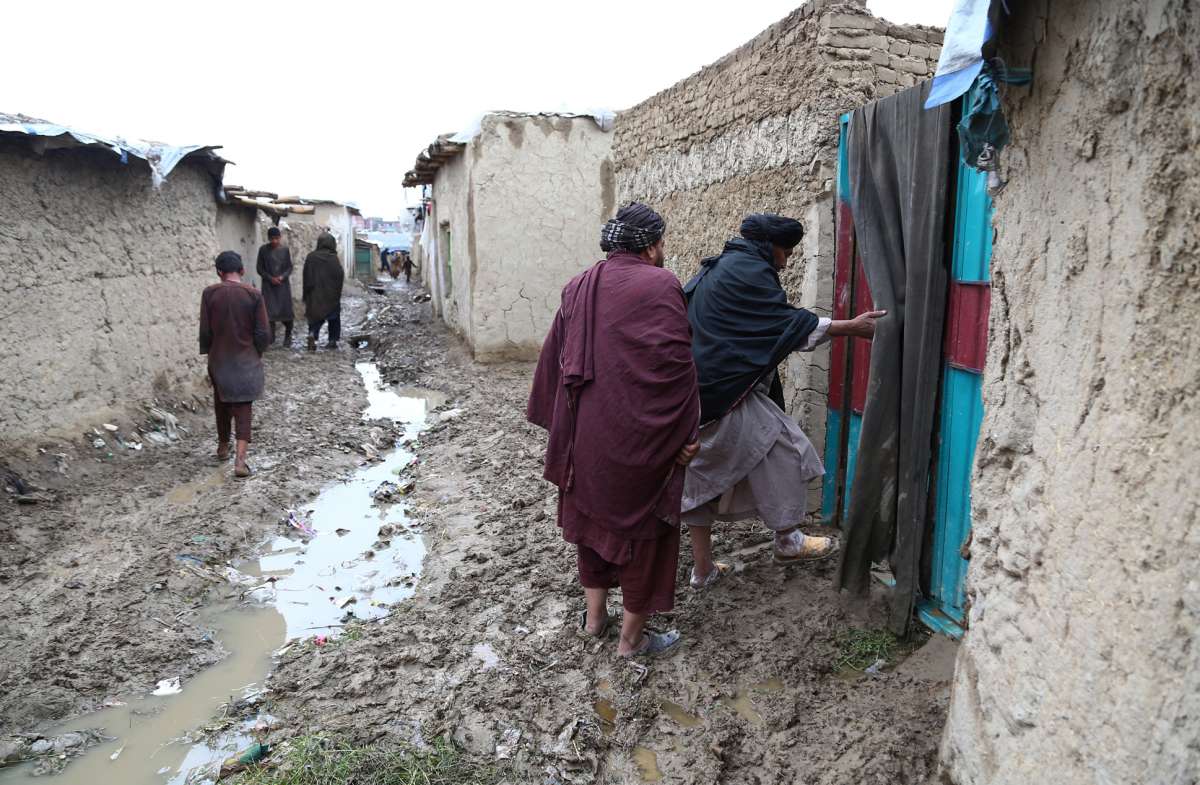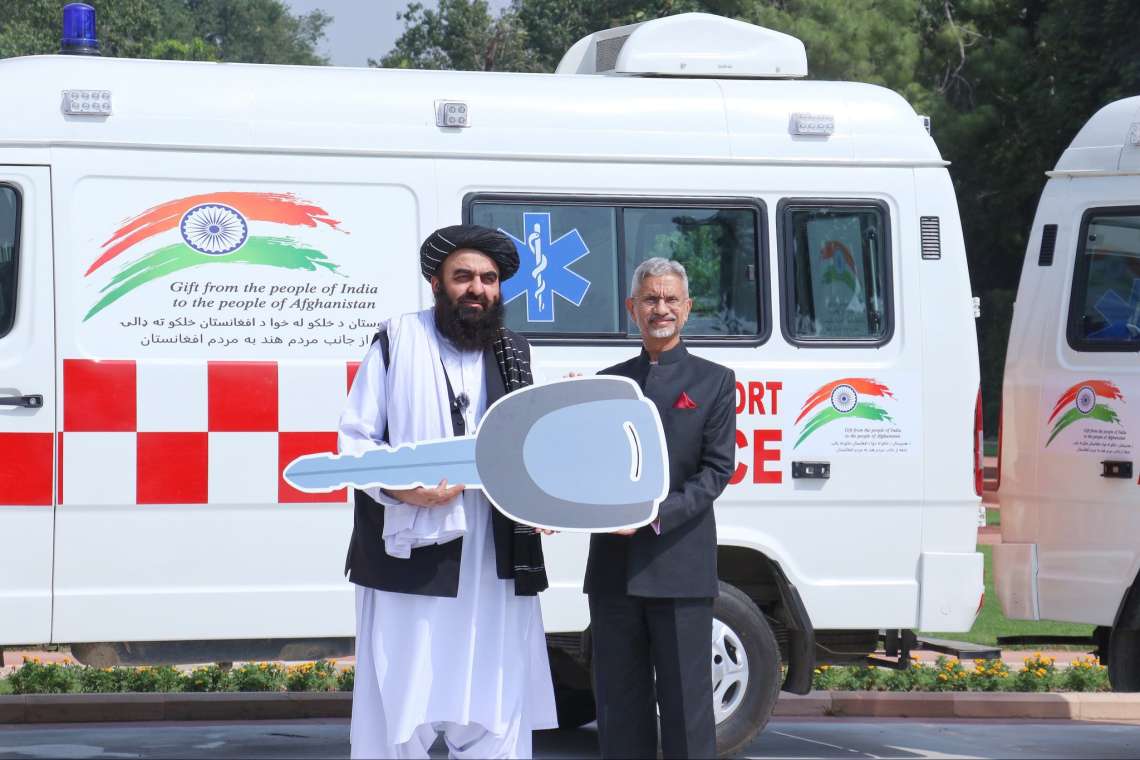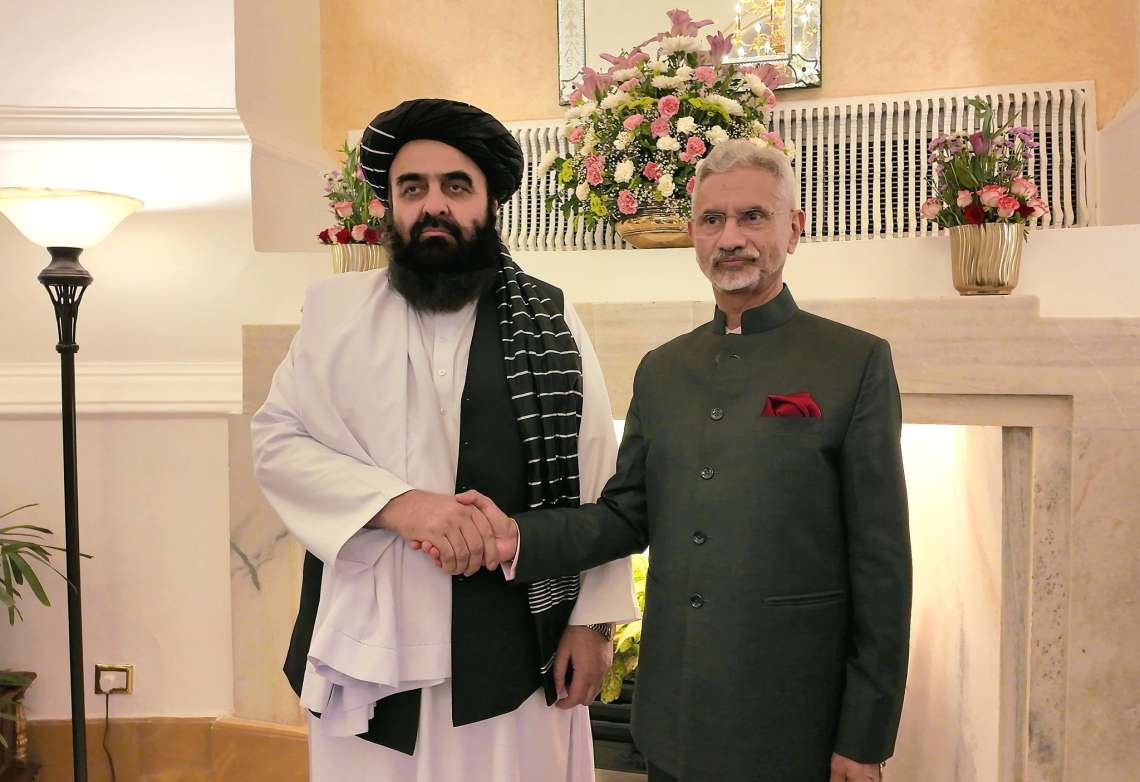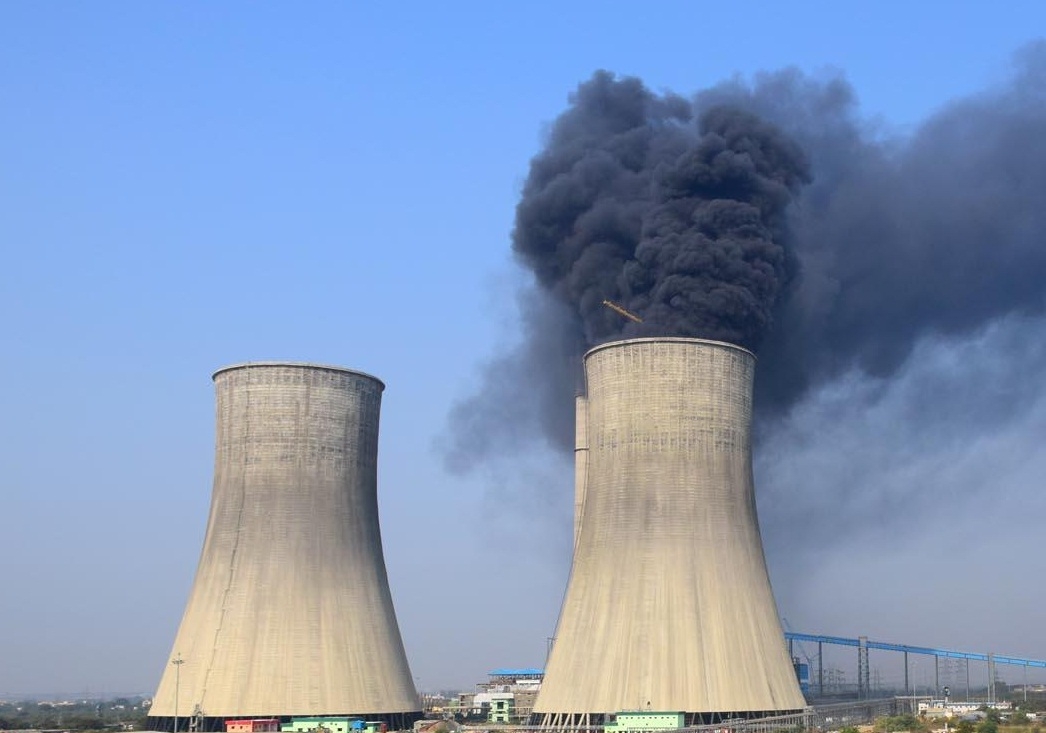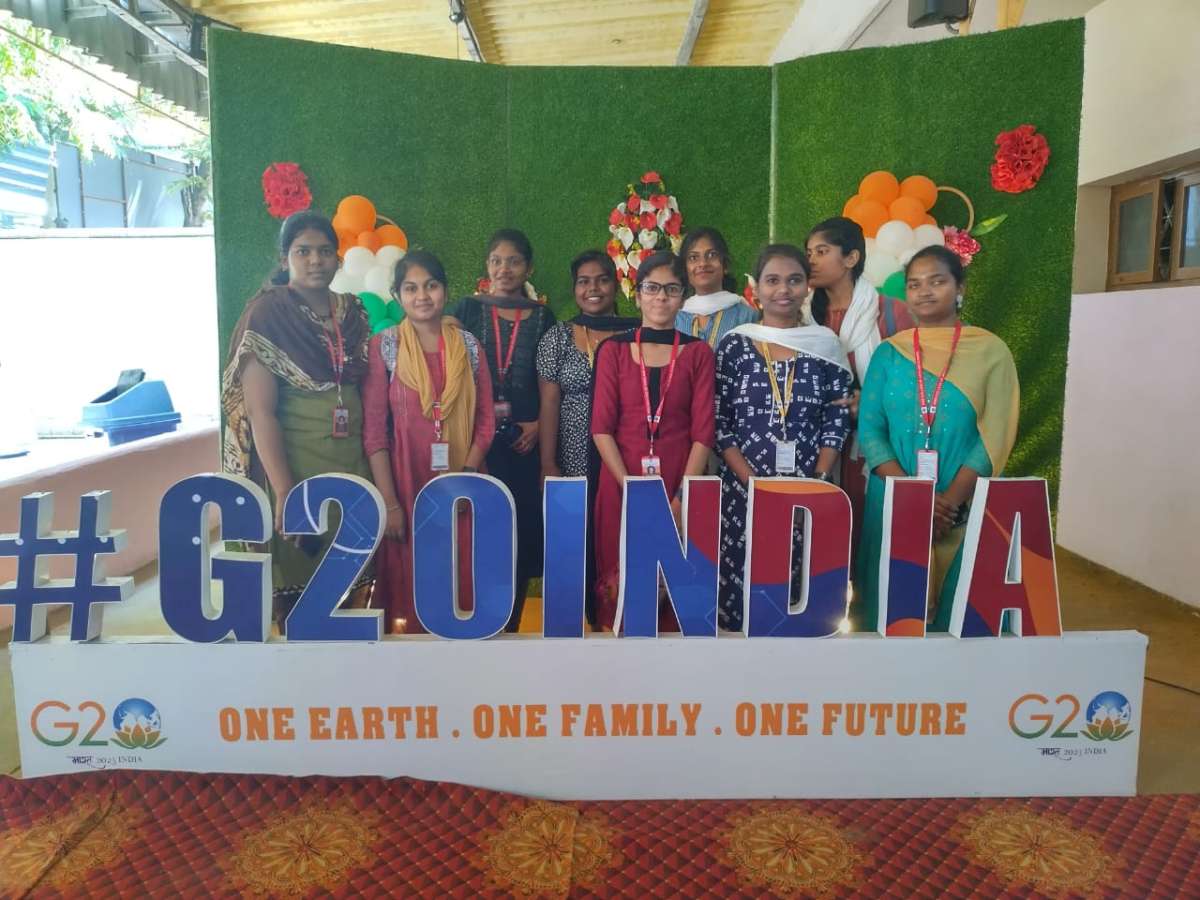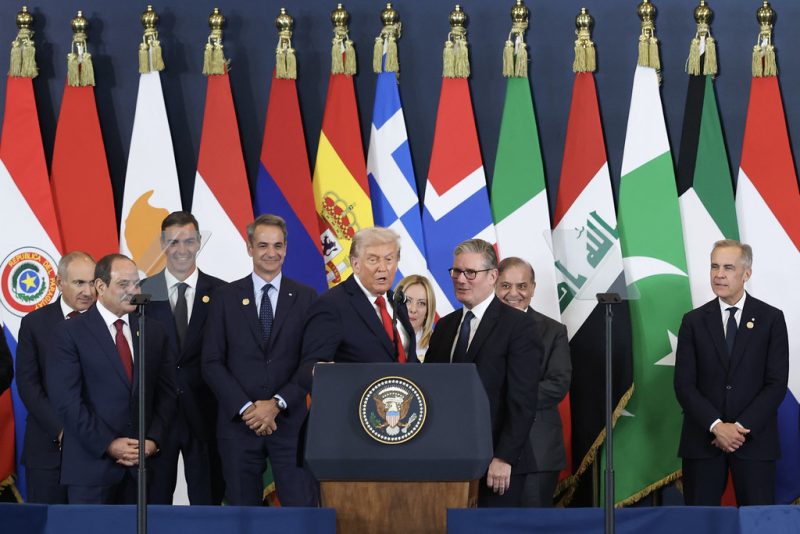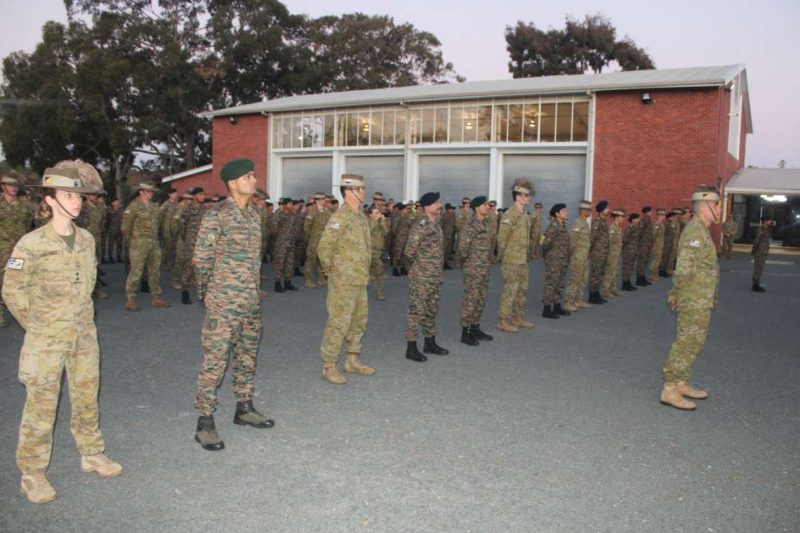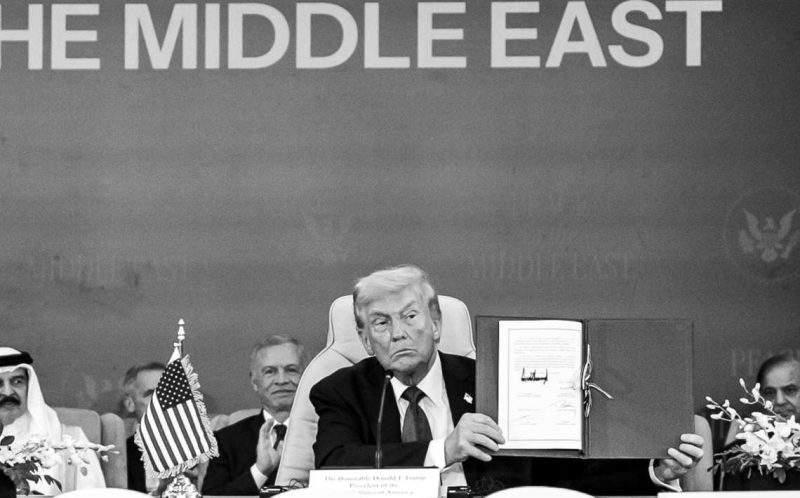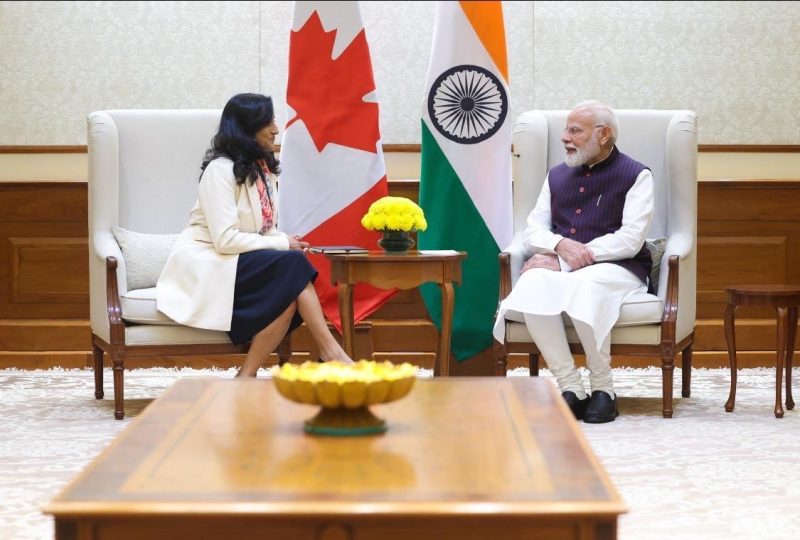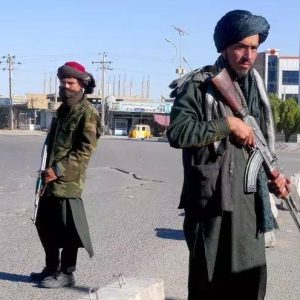US report on human trafficking says Afghanistan and 10 other countries have a policy of human trafficking in the form of government programmes, forced labour, sexual slavery in government camps and recruiting child soldiers…reports Asian Lite News
The US State Department released its annual report on the situation of human trafficking across the world, saying that Afghanistan is among the worst countries in human trafficking, Khaama Press reported.
According to the newly published report, millions of people are exploited every year by human trafficking groups. As per the 2023 report by the US Department of State, Afghanistan and 10 other countries have a policy of human trafficking in the form of government programmes, forced labour, sexual slavery in government camps and recruiting child soldiers.
Along with Afghanistan, the other ten countries are Iran, Turkmenistan, Cuba, North Korea, Syria, China, South Sudan, Burma, Eretria and Russia as per Khaama Press. Moreover, Afghanistan is among the list of countries in which armed groups have been supported.
In a message posted on the State Department’s website, the US Secretary of States Antony Blinken said on Thursday that millions of people are exploited within and outside borders every year as per Khaama Press.
This year’s report on human trafficking is a comprehensive overview of the human trafficking situation around the world, according to Blinken.
Furthermore, Afghan nationals are considered to be the most vulnerable people exploited by human trafficking groups in Afghanistan and overseas due to the late regime change, prolonged political instability, and economic and security issues, according to Khaama Press.
‘Systematic discrimination against women’
United Nations special rapporteur for Afghanistan Richard Bennett’s report highlighted the discrimination against women and girls and said that there is a “systematic discrimination to which women and girls in Afghanistan are subjected.”
According to the report, between September 2021 and May 2023 over 50 edicts were issued regarding women and girls by the Islamic Emirate, which has “deprived Afghan women of the right to education, work, and participation in social and political life.”
“One of the most illustrative examples of the systematic discrimination against women and girls in Afghanistan today is the relentless issuance of edicts, decrees, declarations and directives restricting their rights, including their freedom of movement, attire and behaviour, and their access to education, work, health and justice,” the report read.
Among the topics covered in this report are the issue of education, suicides, depression, forced marriages, and the sale of children in Afghanistan, according to TOLONews.
“In their totality, the edicts significantly limit women’s and girls’ ability to engage in society, have access to basic services and earn a living,” the report further stated.
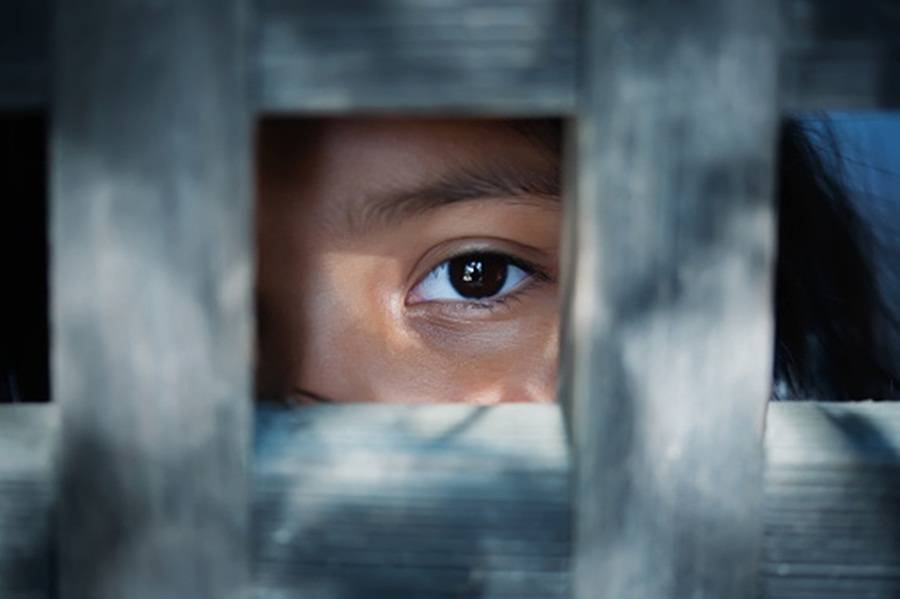
“We need women who are doctors, engineers, lawyers, and advocates for the rights of each and every person in this society,” said Alamtab RAsouli, a women’s rights activist.
According to the report, a number of protesting women were released from the Islamic Emirate prisons under the condition of stopping the street protests.
However, the Islamic Emirate called this report unfair and baseless and added that the Islamic and cultural values of Afghanistan have been ignored in this report.
The Special Rapporteur and the Working Group interviewed a total of 79 Afghans (67 women and 12 men), of whom 63 (51 women and 12 men) were inside Afghanistan. They included human rights defenders, journalists, lawyers, academics, entrepreneurs, teachers, students, social service providers and businesswomen. In addition, they conducted a survey of 2,112 Afghan women across 18 provinces in March 2023 and drew on the insights of a further 159 women focus group participants on the survey results in 11 provinces, as per TOLONews.
Afghanistan’s women have faced numerous challenges since the Taliban returned to power in 2021. Girls and women in the war-torn country have no access to education, employment and public spaces.
Taliban has imposed draconian restrictions on the rights to freedom of expression, association, assembly, and movement for women and girls. (ANI)
ALSO READ-ILO warns of increasing child labourers in Afghanistan


